Science
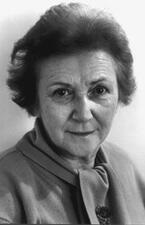
Clara Heyn
Botanist Clara Heyn’s most significant achievement was her work with the plant family Leguminosae, especially the genus Medicago. She was an excellent botanist, teacher, and colleague.
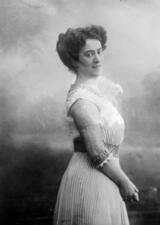
Rahel Hirsch
Physiologist, physician, and teacher Rahel Hirsch worked for nearly two decades at the Medical Clinic of the Berlin Charité, eventually as the head of a polyclinic and a professor. Yet Hirsch was never paid at the Charité; she left in 1919 and opened a private practice. Hirsch emigrated to England in 1938, working as a laboratory assistant and librarian, but she struggled with mental illness and died in a psychiatric hospital in 1953.
Elizabeth Slade Hirschfeld
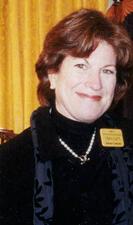
Judith Hirshfield-Bartek
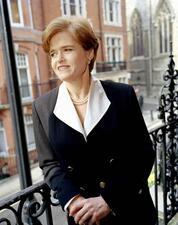
Historians in the United States
American Jewish women have made important contributions to historical scholarship, especially in the arenas of social history of the United States and Europe, women’s history, and Jewish history. Jewish women, sensitive to the situations of minority groups, became pioneers in these fields as they developed from the 1970s on.
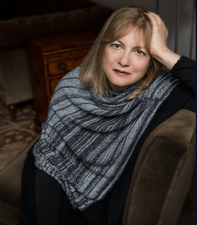
Alice Hoffman
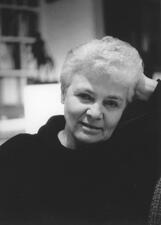
Holocaust Studies in the United States
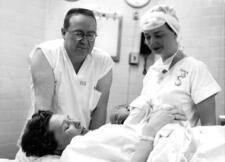
Flora Suhd Hommel
Ida Henrietta Hyde
Ida Henrietta Hyde was a pioneering physiologist in the late nineteenth and early twentieth century. While Hyde was best known for creating a microelectrode that could sample and manipulate individual cells, she was proudest of her work to support other women scientists.
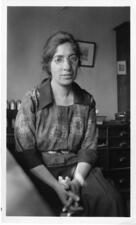
Libbie Henrietta Hyman
Libbie Henrietta Hyman spent her career researching and writing the definitive texts on invertebrates, a monumental effort. Hyman transformed her love of the soft creatures to texts that brought her international recognition as an expert on invertebrates and as the world authority on flatworms.
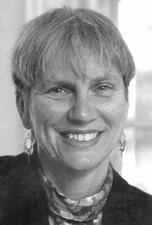
Paula E. Hyman
Distinguished historian Paula Hyman was engaged deeply in Jewish feminism and wrote extensively on the history of Jewish women in an effort to integrate their experience into the Jewish historical narrative. A role model for many, she challenged sacrosanct beliefs and stereotypes with vigor and knowledge and left behind a myriad of scholarly contributions and a profound vision for Jewish women.
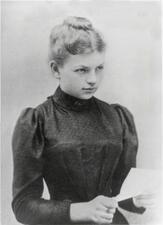
Clara Immerwahr
The first woman to be awarded a doctorate in physical chemistry at a German university, Clara Immerwahr’s achievements were long overlooked by male-dominated university circles. Immerwahr committed suicide in protest of her husband’s involvement in the implementation of gas attacks during World War I. Recognized only posthumously, her name has become linked with moral responsibility in science.
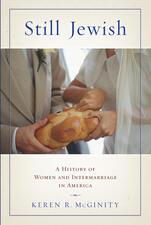
Jewish Women and Intermarriage in the United States
Marriages between Jews and people of other faiths have long fascinated scholars, clergy, and communal leaders, who often considered the choice of a Jewish spouse as an indication of the strength of ethnoreligious identity and commitment to perpetuating Judaism and the Jewish people. However, many Jewish women who intermarry in the United States continue to identify Jewishly, engage in the Jewish community, and raise Jewish children.
This entry uses gender as category of analysis and change over time to illuminate the experience and meaning of interfaith marriage for Jewish women in America. It describes how women navigated their ethnoreligious identities when they married Gentile men, the influences of feminism, the rise of ethnic consciousness, and parenthood.
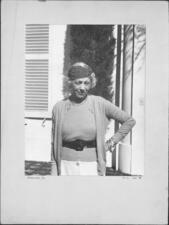
Blanche Frank Ittleson
Blanche Frank Ittleson’s pioneering work in treating and teaching intellectually disabled and emotionally disturbed children opened new possibilities for struggling children and their families.
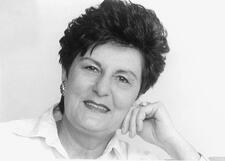
Dafna Nundi Izraeli
Feminist sociologist and peace activist Dafna Nundi Izraeli spent her life dedicated to women's studies, a field of inquiry previously largely unrecognized and trivialized by Israeli academia. She was among the first researchers in Israel to point out the connection between the gender power structures in the Israel Defense Force and in Israeli civilian society. Through her academic and political leadership roles, she worked tirelessly for the advancement of feminist values and scholarship.
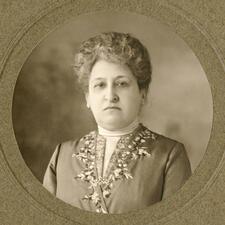
Aletta Henriette Jacobs
A pioneer in many realms—birth control, women’s suffrage, peace activism, and envisioning a wider future for women—Aletta Henriette Jacobs began her career as the Netherland’s first women physician in 1879. She went on to participate in many women’s rights conferences and was a staunch anti-war activist, traveling to the Hague and the United States to advocate her position.
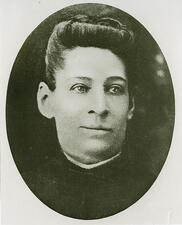
Frances Wisebart Jacobs
Francis Wisebart Jacobs helped transform the fledgling state of Colorado through her organization of charities and hospitals.
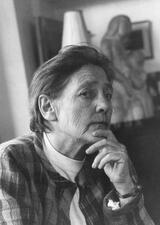
Marie Jahoda
Marie Jahoda was a major figure in social psychology, known for her work on the effects of unemployment on emotional well-being, as well as the social impact of McCarthy-era blacklisting. Jahoda received an award for distinguished contributions to the public interest from the American Psychological Association in 1979.
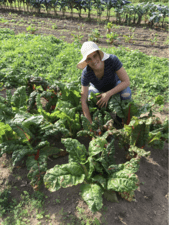
Jewish Environmentalism
Women have been central to the development of Jewish environmentalism in the United States. They founded organizations, wrote books, educated their communities, grew food, and advocated for better policies. These women saw their environmental ideals as directly connected to their Judaism and realized that our future may depend on this work in the face of the climate crisis.
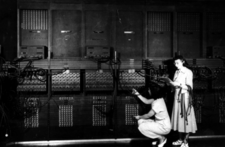
Jewish Women in Computer Science
From hardware to software, from developing new programming languages to revolutionizing applications, Jewish women have been part of significant projects on the cutting edge of computing in the United States.
Roza Shoshana Joffe
Roza Shoshana Joffe was a teacher who made Aliyah from the Ukraine, determined to establish a school for girls in Palestine. After many years teaching in Jaffa, she left the city for a village near the Sea of Galilee, where she bought and operated her own farm and hoped to open a school for farmers’ daughters.
Anna Maria Jokl
Author, psychoanalyst, and scriptwriter Anna Maria Jokl was greatly influenced by the many places she lived: Vienna, Berlin, Prague, London, Zurich, and Jerusalem. Forced to flee countries twice because of Nazism, Jokl is best known for her German children’s books. Her prolific career includes accomplishments in radio broadcasting, psychoanalytic writing, and autobiographical prose.
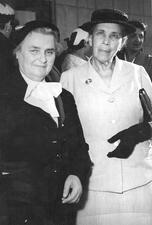
Helena Kagan
Helena Kagan, a pioneer of pediatric medicine in pre-State Palestine, is known to this day as the children’s doctor of Jerusalem, the city where she settled following her aliyah in 1914. Kagan tended to generations of children—Jews, Muslims, and Christians—saving many of them from sickness and death.
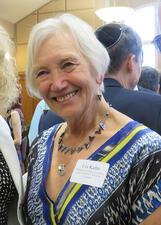
Lis Kahn
Margarete Kahn
German mathematician Margarete Kahn worked with fellow Jewish woman Klara Löbenstein and their essential contribution to a famed problem was cited in the publications of several others. Despite earning her doctorate and having a significant impact in her field, Kahn was unable to earn a post-doctoral degree due to discrimination against women, and she worked as a teacher until she was deported by the Nazis.


